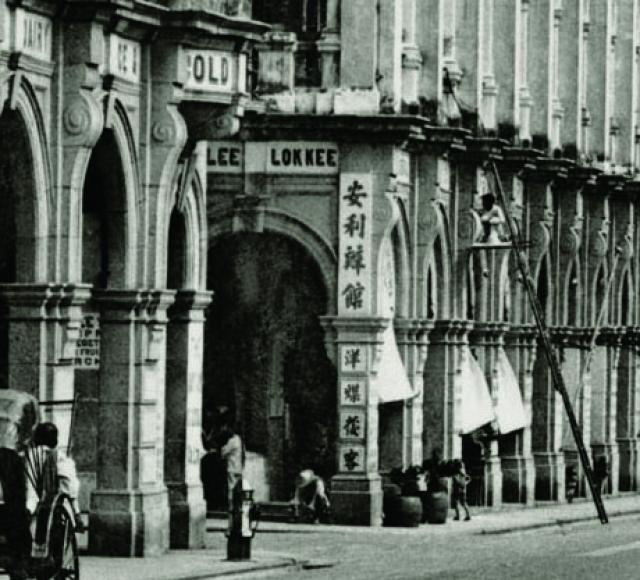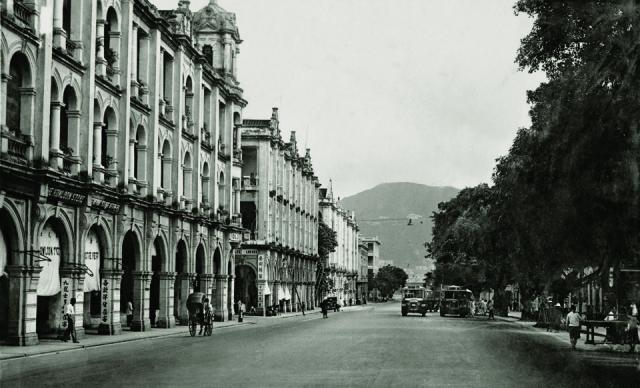Unlike the French, the British seldom
entertained the grand vision for their colonies that had bequeathed boulevards to Indochina and spacious avenues and concourses to Algeria and other outposts of the Gallic empire. On the whole, with the exception of such monumental undertakings as the creation of a new capital to replace Moghul Delhi as the seat of the Raj in India, the British preferred a looser rein on the urban appetites of their subject peoples.
Aside from ensuring sufficient space to accommodate such hubs of commerce as Hong Kong’s Statue Square, or Singapore’s Raffles Place, the administrators of the world’s largest empire were content to allow general expediency, combined with market forces, to determine where this street should go or that alleyway should intersect with it. After all, the very heart of the whole imperial enterprise, London itself, had grown more by chance and accident than by design.
Hence the considerable surprise when Hong Kong’s 13th Governor, Sir Matthew Nathan, got it into his head that he was going to turn Kowloon’s principal artery into something long, wide, straight-lined and very much like the local equivalent of a Champs-Élysées. Was he a Francophile, or was he simply a little bit mad, given the fact that 13 wasn’t a particularly fortuitous number?
But Sir Matthew had his way, as he had done in personally spearheading plans for a railway to China, and what had been the first road laid in Kowloon was transformed into a highway befitting a Roman emperor. The original thoroughfare had been named Robinson Road, after Hong Kong’s 5th Governor, Sir Hercules Robinson, but since a road of that name existed on Hong Kong Island, Kowloon’s was fittingly renamed Nathan Road.
This is the last sample page we'll post from Once Upon A Time. To see more photos like these, please click here to buy the book.
Notes:
- The text and photo are copyright FormAsia, and appear on pages 126-7 of their new book, Once Upon A Time.
- The text is written by author Peter Moss.
- The photo shown above is a low-resolution copy. The book uses the high-resolution original, printed at 34 x 27 cm (17.5" x 10.5"). Here's an example of the detail:Mon, 09/22/2014 - 21:55

Cropped from this photo.
Date picture takenunknownGallery - Click here for more information about the book.
- Click here to buy the book.

Comments
Historic photos
Hi Gwulo -- I just wrote a post on an exhibition of historic Hong Kong photos, and it made me think of you. It's the 2nd post down on my blog right now.
Thanks Joyce, I've added a
Thanks Joyce, I've added a link to your post over here.